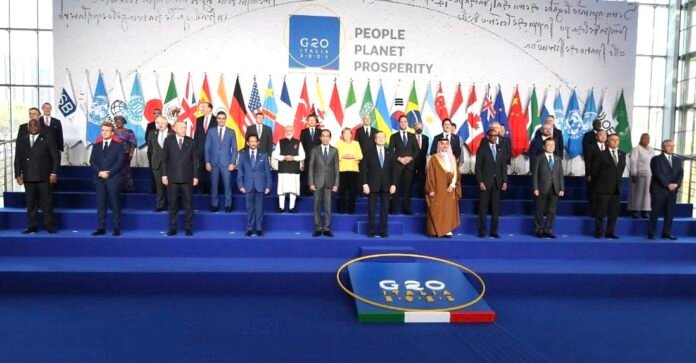The international community is stepping up efforts to address the worsening security situation in West Africa, as Rome hosted the 10th Summit of the Aqaba Process on Wednesday.
Launched in 2015 by King Abdullah II of Jordan, the Aqaba Process serves as a global platform for coordinating strategies to combat terrorism and violent extremism. The latest summit, chaired by Italian Prime Minister Giorgia Meloni, brought together several African leaders, including Presidents Mahamat Idriss Déby of Chad, Bola Ahmed Tinubu of Nigeria, Julius Maada Bio of Sierra Leone, and Faure Gnassingbé of Togo. Delegates from Côte d’Ivoire, Kazakhstan, Mauritania, Senegal, and Uzbekistan also participated.
Discussions focused on the growing threat of terrorism in West Africa — a region that, according to the Global Terrorism Index, accounts for more than half of all terrorism-related deaths worldwide. Countries such as Burkina Faso, Mali, Niger, and Nigeria remain among the hardest hit.
Côte d’Ivoire’s Minister of Foreign Affairs, Léon Kacou Adom, emphasized his country’s commitment to regional cooperation and stability, highlighting the need for a unified approach to security challenges.
Leaders at the summit also underscored the connection between terrorism and organized crime, aggravated by poverty, malnutrition, and fragile governance. They called for the implementation of international initiatives like Italy’s Mattei Plan, which promotes fair partnerships to support sustainable development and economic resilience in African nations.
The summit concluded with a renewed commitment to collaboration under the Aqaba Process, reinforcing the shared vision of global and regional actors to restore peace and stability in West Africa. The Rome meeting is expected to strengthen coordination and lay a firm foundation for collective action against terrorism across the continent.
Kenya Holds State Funeral For Raila Odinga With Thousands of Mourners In Attendance
Source:Africa Publicity








